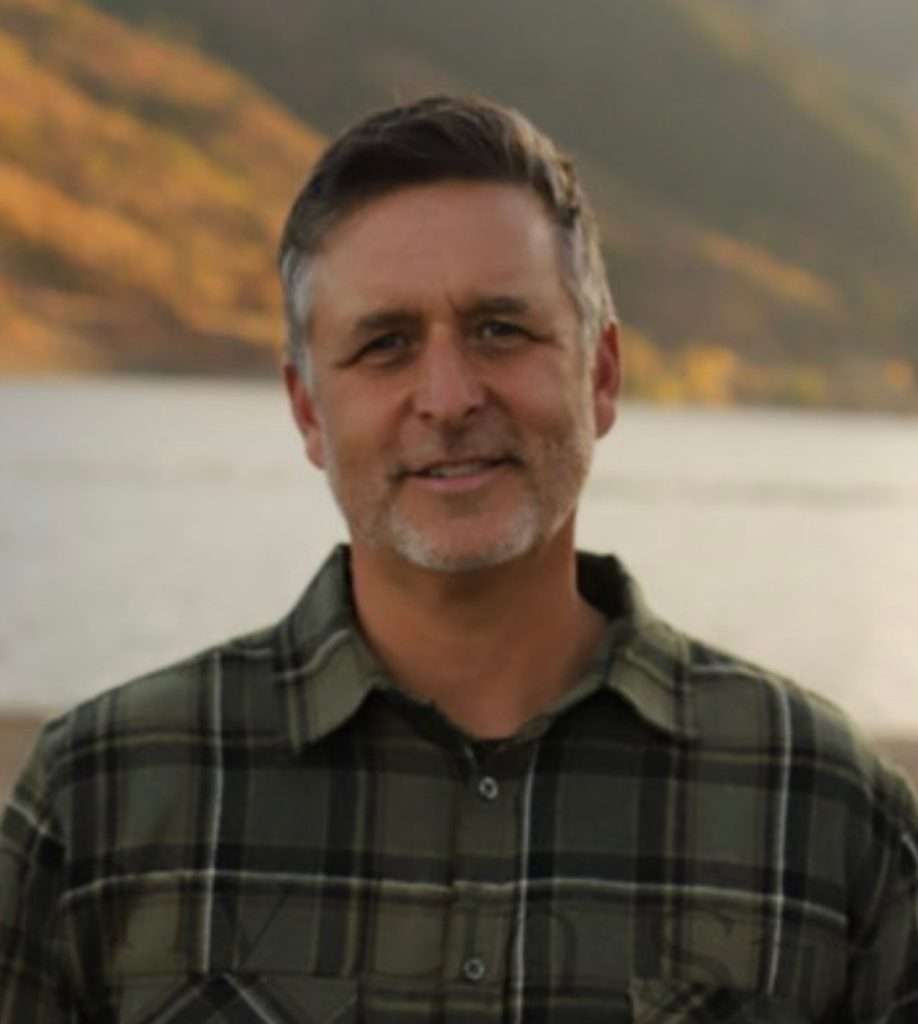The Unique Challenges Men Face in Addiction Recovery
Men face specific challenges when it comes to addiction recovery, largely due to societal expectations and cultural beliefs about masculinity. Here are some of the key issues forming a brotherhood in recovery can help:
1. The Pressure to Be Strong and Self-Reliant
From a young age, many men are taught that they should always be strong and self-reliant. This belief can make it difficult for them to ask for help or show vulnerability, which are crucial aspects of the recovery process.
2. Emotional Suppression
Instead of expressing emotions like fear, sadness, or pain, men often feel compelled to suppress these feelings or mask them with anger. This emotional suppression can delay recovery and perpetuate the cycle of addiction.
3. Barriers to Seeking Treatment
Statistics show that men are less likely than women to seek treatment for addiction. They often wait until their addiction reaches a critical point before reaching out for help. Traditional beliefs about masculinity can create barriers between men and the support they need.
4. Societal Expectations in Utah
In places like Utah, where community and family values are strong, societal expectations on men during recovery can be even more pronounced. The pressure to maintain appearances as a provider and protector may prevent men from acknowledging their struggles until relationships deteriorate or careers suffer.
Understanding these challenges is essential in supporting men through addiction healing. Recovery doesn’t mean abandoning masculinity; rather, it involves redefining what it means to be masculine in a way that allows for vulnerability and seeking help.
Creating Safe Spaces: Male-Specific Recovery Programs
The recognition that men process emotions and build connections differently has sparked a shift toward gender-specific treatment centers. These centers are designed to address the unique needs of men, particularly in the context of addiction rehab in Utah and across the country. The focus is on creating environments where traditional masculine communication styles aren’t seen as barriers but as starting points for genuine healing.
Male-focused treatment programs remove the social dynamics that often complicate mixed-gender settings. Without the pressure to perform or maintain certain facades, men find themselves in spaces where guard-dropping becomes natural rather than forced. These environments acknowledge that many men communicate through shared activities and side-by-side experiences rather than face-to-face emotional disclosure.
The physical space matters too. Programs designed for men often incorporate elements that align with male physiology—structured routines, physical challenges, and clear objectives that provide tangible markers of progress. This approach respects how many men conceptualize their recovery journey: as a mission with defined goals rather than an abstract emotional process.
At Spirit Mountain Recovery, we’ve built our program around these principles. Our facility provides the kind of distraction-free environment where authentic male bonding can flourish. Men arrive carrying the weight of isolation and leave connected to a brotherhood that understands their struggles without judgment. The bonds formed here aren’t superficial—they’re forged through shared vulnerability in a space specifically designed to make that vulnerability possible.
Moreover, the benefits of such gender-specific substance abuse treatment are manifold. They not only facilitate a deeper understanding of personal struggles but also foster an environment where healing can truly begin.
Brotherhood in Recovery: The Power of Male Connection
Brotherhood in recovery changes the way we heal from addiction. Instead of going through it alone, men come together to support each other. In treatment centers, when men share their stories—the relapses that happened late at night, the promises they couldn’t keep, the shame that kept them trapped in addiction—something amazing occurs. These honest confessions create an instant recognition: I’m not the only one who’s been there. This shared understanding becomes the basis for trust that many men haven’t felt since childhood friendships, before society taught them to compete instead of connect.
Male connection in recovery breaks down the isolation that addiction thrives on. The accountability that develops through these relationships isn’t about judging or watching over someone. It’s about knowing someone else understands what triggers you and the burden of your regrets. When a brother in recovery sends a text at 2 AM saying he’s struggling with cravings, he’s not being weak—he’s showing bravery by reaching out before making a harmful decision.
Peer support for addiction recovery creates a safe space for emotions through shared experiences and language. Men don’t have to explain why they feel a certain way or defend their struggles. The knowing nods and “yeah, I’ve been there” responses validate feelings that were previously hidden under layers of stoicism and shame.
Group Therapy and Activity-Based Healing for Men
Group therapy for men in recovery creates a structured environment where emotional expression becomes normalized rather than stigmatized. Within these circles, men witness other men speaking openly about fear, shame, and pain—dismantling the myth that vulnerability equals weakness. The collective experience transforms what once felt like personal failure into shared human struggle.
Activity-based healing bridges the gap between mind and body that addiction often widens. Physical movement releases trapped emotions that words alone cannot reach:
- Hiking trails that mirror the journey from darkness to clarity
- Strength training that rebuilds both muscle and self-worth
- Yoga sessions that teach men to inhabit their bodies without judgment
- Team sports that restore healthy competition and camaraderie
Mindfulness practices specifically tailored for men address the restless energy that drives many toward substances. Breath work, meditation, and body scans provide practical tools for managing stress without numbing out. These aren’t abstract concepts—they’re survival skills for navigating triggers and cravings in real time.
The therapeutic space itself becomes a laboratory for examining masculinity. Facilitators directly challenge harmful beliefs about what it means to be a man, creating permission to feel without performing. Men learn that strength includes asking for help, that courage means admitting when you’re struggling, and that how male connection fuels recovery depends on authentic presence rather than stoic silence.
Peer Support Networks and Lifelong Friendships
The connections formed during treatment become the foundation for lasting recovery when men continue engaging with peer support groups after leaving structured programs. Organizations like Alcoholics Anonymous and Narcotics Anonymous provide frameworks where men hold each other accountable through shared commitment rather than professional oversight. These peer-led gatherings create spaces where vulnerability becomes normalized—where admitting struggles doesn’t diminish masculinity but reinforces it through honest self-awareness.
Community-based peer recovery services extend beyond traditional 12-step meetings to include:
- Structured check-ins that maintain momentum during vulnerable transition periods
- Mentorship opportunities where men further along in recovery guide newcomers
- Social activities that rebuild healthy relationship patterns outside clinical settings
- Crisis support networks accessible during moments of intense craving or emotional distress
Research consistently demonstrates that men engaged in peer networks experience significantly lower relapse rates compared to those who isolate after treatment completion. The accountability inherent in these relationships provides both motivation and practical intervention when warning signs emerge.
At our facility, we recognize that discharge doesn’t mean disconnection. We facilitate ongoing peer connections through alumni programming and partnerships with sober living houses Utah residents can access. Our men’s addiction recovery Utah programs emphasize building relationships designed to outlast treatment timelines—friendships rooted in mutual understanding of the recovery journey’s ongoing demands.
Moreover, the importance of integrating recovery support services into the post-treatment phase cannot be overstated. These services provide vital assistance and resources, helping individuals navigate their recovery journey more effectively while reinforcing the supportive network established during treatment.
Movember’s Role in Raising Awareness About Men’s Mental Health and Addiction Recovery
The iconic mustache has become more than just a piece of facial hair—it’s a conversation starter that challenges the silence surrounding Movember mental health and addiction struggles. This global movement transforms November into a month where men’s vulnerabilities become visible, creating pathways for those battling substance use disorders to recognize they’re not alone in their fight.
Movember addiction awareness campaigns directly confront the cultural barriers that keep men trapped in cycles of shame and secrecy. When communities rally around men’s health initiatives, they create permission structures for authentic dialogue. Men who might never walk into a recovery center find themselves opening up during casual conversations sparked by a growing mustache, breaking down the walls that isolation builds.
At Spirit Mountain Recovery, we understand that men are more prone to addiction and have woven Movember themes into our educational programming throughout November and beyond. Our approach includes:
- Hosting open discussions about the intersection of masculinity and mental health
- Sharing recovery stories that highlight the strength found in vulnerability
- Creating men’s health initiatives Utah communities can access year-round
- Developing resources that normalize help-seeking behaviors among men
The campaign’s genius lies in its simplicity—growing a mustache becomes an act of solidarity that signals openness to difficult conversations. When men see others participating in Movember, they witness a collective rejection of the “suffer in silence” mentality that fuels addiction. This visible commitment to men’s wellness creates ripple effects that extend far beyond November’s thirty days.
We also emphasize the importance of support during recovery. Our programs at Spirit Mountain Recovery not only provide rehab for men but also stress the significance of support groups which can be extremely beneficial while in recovery.
Sustaining Growth Through Brotherhood Beyond Treatment
Long-term recovery for men goes well beyond just the initial treatment phase. The relationships formed during recovery serve as lifelines during life’s unavoidable challenges—work pressures, relationship issues, or moments of uncertainty. These connections establish a structure for accountability in recovery, forming a group of men who comprehend the daily effort sobriety requires.
How male connection fuels recovery becomes most evident in the years following treatment. Brothers in recovery challenge each other to develop emotional intelligence, practicing vulnerability in a world that often discourages it. This ongoing work transforms rebuilding relationships after addiction recovery from a daunting task into a shared journey.
Our alumni networks exist precisely for this purpose—to ensure no man walks this path alone. Whether you’re six months or six years into recovery, these connections remain available:
- Weekly virtual check-ins with fellow alumni
- Quarterly in-person gatherings and outdoor activities
- 24/7 peer support through our alumni platform
- Mentorship opportunities to guide newer members
Reach out to reconnect with your brothers or join our community today.
FAQs (Frequently Asked Questions)
What unique challenges do men face in addiction recovery?
Men often encounter societal pressures to ‘tough it out,’ leading to emotional suppression and isolation. Traditional masculinity norms can hinder seeking help and prolong addiction, impacting recovery outcomes negatively.
How do male-specific addiction recovery programs support men’s healing?
Male-focused treatment centers, like those in Utah, create safe environments tailored to male physiology and emotional processing. These programs eliminate social distractions and foster authentic male bonding essential for effective recovery.
What role does brotherhood play in men’s addiction recovery?
Brotherhood builds trust and a sense of belonging among men in recovery. Peer support replaces isolation with accountability, cultivating emotional safety through mutual understanding and shared experiences.
How does group therapy benefit men in addiction recovery?
Group therapy encourages healthy emotional expression, which is crucial for men who may suppress feelings. Incorporating activity-based healing like exercise and mindfulness helps manage stress and rebuild emotional health while addressing masculinity directly.
Why are peer support networks important for sustaining sobriety in men?
Peer-led groups such as AA and Narcotics Anonymous provide community-based support that fosters long-term engagement and reduces relapse rates. Facilities like Spirit Mountain Recovery support ongoing peer connections beyond initial treatment for sustained growth.
How does Movember contribute to raising awareness about men’s mental health and addiction recovery?
Movember campaigns break stigma around male mental health by encouraging openness about vulnerabilities within recovery communities. Integrating Movember themes into outreach efforts promotes education and supports initiatives focused on men’s health in Utah and beyond.

